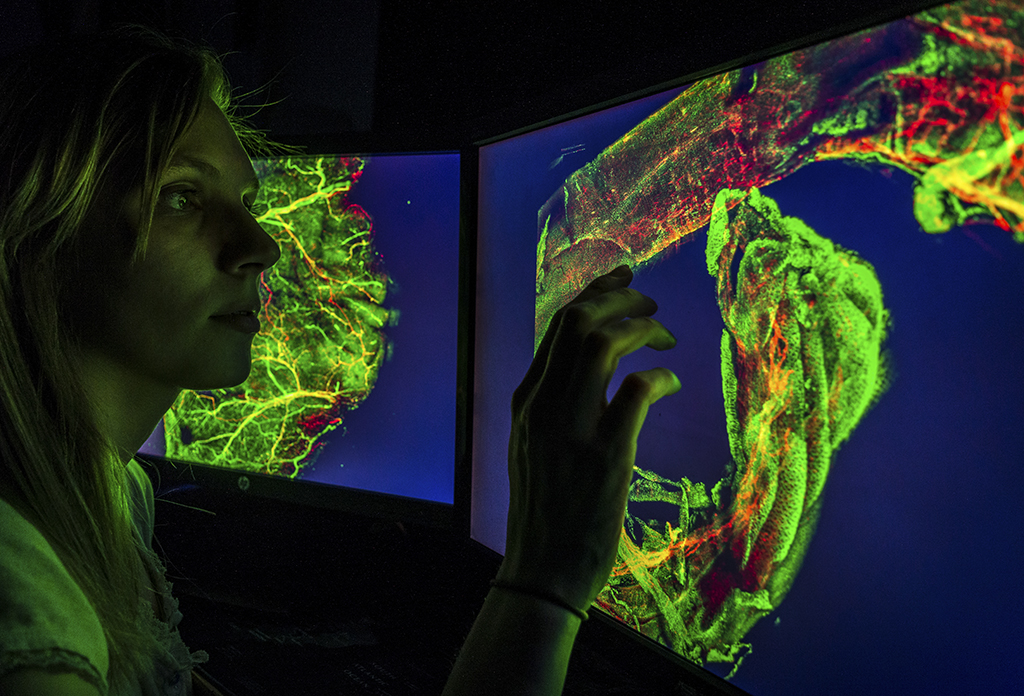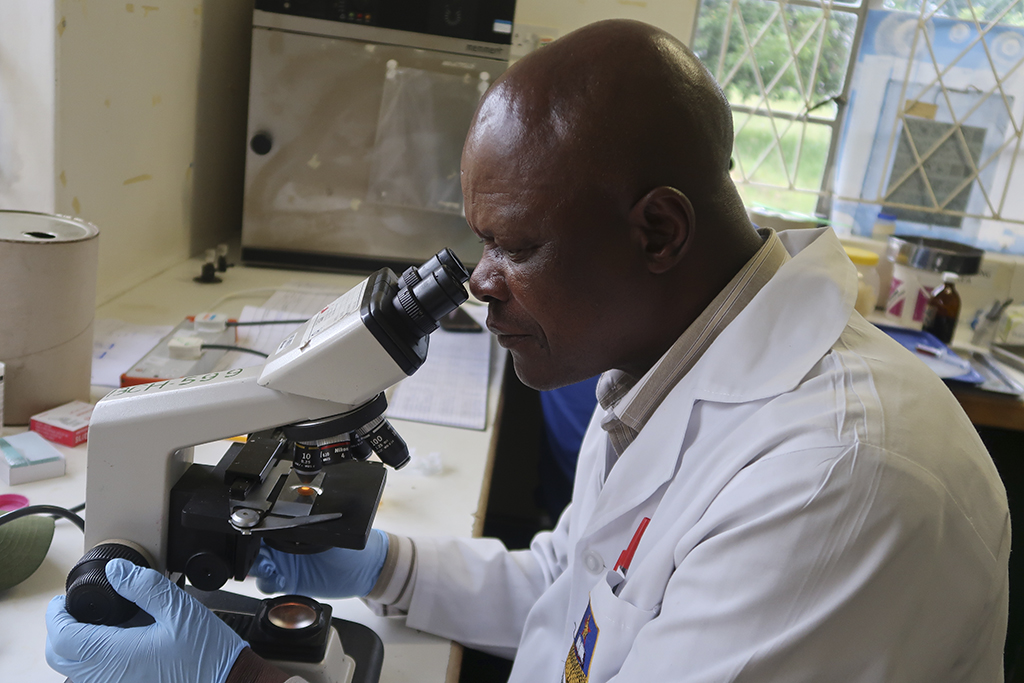
Scotland’s fight with parasites in new exhibition
A new exhibition at the National Museum of Scotland has opened today, exploring Scotland’s role in the fight to eliminate tropical diseases by tackling the parasites that cause them.
Parasites: Battle for Survival will run from Thursday, 6 December, to Sunday 19 April 2020, and will examine five deadly diseases, which together affect 1 in 18 people around the world and thrive in areas lacking access to clean water, healthcare and adequate sanitation.
Malaria, Guinea worm disease, sleeping sickness, schistosomiasis and leishmaniasis are among the diseases that the World Health Organization is aiming to eliminate.
All but malaria are classified as neglected, meaning that historically they have seen a lack of interest and funding from healthcare groups and governments despite their huge impact.
Researchers at the Universities of Dundee, Edinburgh and Glasgow are at the forefront of these efforts.
They are collaborating with scientists and communities around the globe to understand, prevent and treat these debilitating diseases. If successful in eliminating one of them, it will be the first time a human disease has been eliminated since Smallpox was wiped out in 1979.
Presented in partnership with these three universities, this interactive, family friendly exhibition will explore the Scottish involvement in identifying and treating tropical disease and highlight the research currently taking place in Scotland.

Examining tropical diseases from parasites (Photo: Julia Wcislo)
With a view to engaging young visitors in STEM subjects, the exhibition’s creators have collaborated with secondary school pupils to trial designs, games and text.
Sophie Goggins, curator of Biomedical Science at National Museums Scotland said: ‘The five diseases we are highlighting in Parasites: Battle for Survival impact hundreds of millions of people around the world and yet they’re almost unheard of.
‘Scientists here in Scotland are among those fighting to eliminate them and this fun and engaging exhibition will explore the cutting-edge research and important fieldwork taking place right now in the hope that these deadly diseases will soon be consigned to history.’
Visitors to the exhibition will find out how diseases are transmitted and how parasites can adapt to fight back against modern medicine. They can explore the discovery of these diseases and get a taster of how a laboratory works. They will then have the chance to put their new knowledge to the test by attempting to diagnose and treat a disease.
On display will be objects from the lab and the field which are being used to combat these five diseases.
These include an ingenious small boat which has been specially designed to catch tsetse flies, which spread Sleeping Sickness in sub-Saharan Africa and pipe filters which are used for drinking water and are a powerful tool in the fight against Guinea-Worm Disease.
Parasites is presented in partnership with with the Wellcome Centre for Anti-Infectives Research at the University of Dundee, Edinburgh Infectious Diseases, and the Wellcome Centre for Integrative Parasitology at the University of Glasgow.

Microscopic examination of urine samples for the presence of S.haematobium eggs (Photo: Parasite Immuno-epidemiology Group)
Catharine Goddard, manager of the Wellcome Centre for Anti-Infectives Research at the University of Dundee said: ‘We are thrilled to have this opportunity to show people how Scotland’s scientific research community collaborates. By working together, we can find new treatments for neglected tropical diseases.
‘The Drug Discovery Unit in Dundee was borne out of scientists’ determination to ensure their research could lead to new medicines. We hope this exhibition will share our passion with the public, and inspire the next generation of scientists to join us.’
Professor Sarah Reece, chair of Evolutionary Parasitology at the University of Edinburgh said: ‘Understanding the strategies that parasites have evolved to cope with the challenges of a parasitic lifestyle are key to unlocking innovative ways to fight disease. This exciting and innovative exhibition will showcase the surprisingly sophisticated strategies that parasites have evolved for exploiting their hosts and evading control by medicine.’
Professor Andy Waters, director of the University of Glasgow’s Wellcome Centre for Integrative Parasitology said: ‘The University of Glasgow are delighted to be involved in this important exhibition, highlighting the world-class research we and our colleagues in universities across Scotland do on parasitic diseases.
‘At the Wellcome Centre for Integrative Parasitology our mission is to gain a deeper understanding of parasites in order to develop new treatments, and we hope this insight into our work will inspire future generations of scientists.’
TAGS

